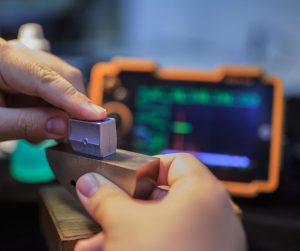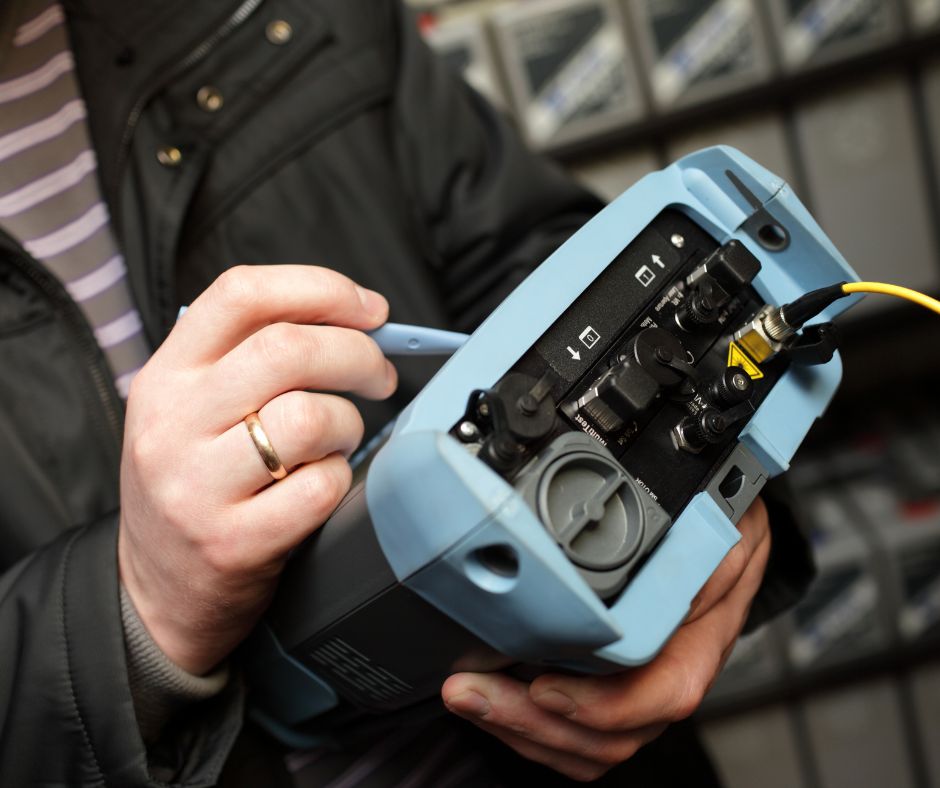Understanding the Factors that May Influence Calibration Accuracy
 For businesses in many different industries, calibration is a crucial process for ensuring the accuracy and reliability of measurement instruments. However, several factors—from environmental conditions to the skill level of the calibration technician—can influence the calibration process and impact the precision of measurements. Read on for an overview of factors that may influence calibration accuracy.
For businesses in many different industries, calibration is a crucial process for ensuring the accuracy and reliability of measurement instruments. However, several factors—from environmental conditions to the skill level of the calibration technician—can influence the calibration process and impact the precision of measurements. Read on for an overview of factors that may influence calibration accuracy.
Environmental Factors
The environment in which the calibration process is performed can significantly impact accuracy. Specific factors include:
- Temperature and humidity. Fluctuations in temperature and humidity can alter the dimensions and properties of materials, thereby affecting the performance of measurement instruments. Controlled environmental conditions are critical for maintaining consistent calibration results.
- Vibration and mechanical shock. Vibrations and mechanical shocks can disrupt the alignment and calibration of sensitive instruments, leading to inaccuracies. Therefore, proper handling and stabilization of instruments during calibration are necessary to mitigate these effects.
Other external factors may cause interference during calibration. For example:
- Electromagnetic Interference (EMI): EMI from nearby electronic devices or power sources can disrupt the operation of sensitive instruments, leading to measurement errors. Shielding and proper grounding are necessary to minimize EMI effects during calibration.
- Chemical exposure. Exposure to chemicals or contaminants may corrode or damage instruments, which will affect their accuracy and longevity. Proper cleaning and maintenance protocols are crucial for preserving instrument performance.
Instrumental Factors
The characteristics and condition of the instruments themselves can influence calibration in the following ways:
- Age and wear. Over time, instruments may experience wear or degradation that significantly affects their accuracy. Regular maintenance and periodic recalibration are essential to compensate for any changes in instrument performance.
- Resolution and sensitivity. The resolution and sensitivity of measurement instruments determine their ability to detect and measure small changes. Calibration procedures must account for these specifications to ensure accurate readings across the full range of measurements.
Technician Skills and Training
When seeking calibration services, it’s crucial to choose an experienced provider, such as Trident Calibration Labs, for the following reasons:
- Training and experience. When it comes to performing the calibration process, adequate training and experience are essential for ensuring reliable and consistent results. At Trident Calibration, our certified technicians have over 100 years of combined experience providing businesses with cutting-edge, industry-leading calibration services.
- Human error. Mistakes during calibration procedures, such as incorrect adjustments or data entry errors, can introduce inaccuracies. Strict adherence to standardized procedures and quality control measures, which we consistently follow at Trident Calibration, is important for minimizing human errors.
Calibration Standards and Procedures
Some of the crucial standards and procedures that we always follow include:
- Traceability. Calibration instruments and procedures must be traceable to national or international standards to ensure accuracy and consistency. Traceable calibrations provide a documented chain of measurement accuracy back to a known reference standard.
- Documentation and record-keeping. Accurate documentation of calibration procedures, measurement uncertainties, and calibration results is essential for maintaining traceability and demonstrating compliance with regulatory requirements.
While there are many factors that may influence calibration accuracy, identifying and mitigating these influences can help ensure consistent and reliable measurement results. At Trident Calibration Labs, we understand the complexities of calibration and provide comprehensive services to maintain the accuracy and reliability of your measurement instruments. Contact us today to request a quote!
continue reading
Related Posts
Why Calibration is Vital for Businesses in the Healthcare Industry […]
Onsite vs. Offsite Calibration: Which is Best for Your Business? […]
Why is Calibration Important for Telecommunications Test Equipment? In the […]



